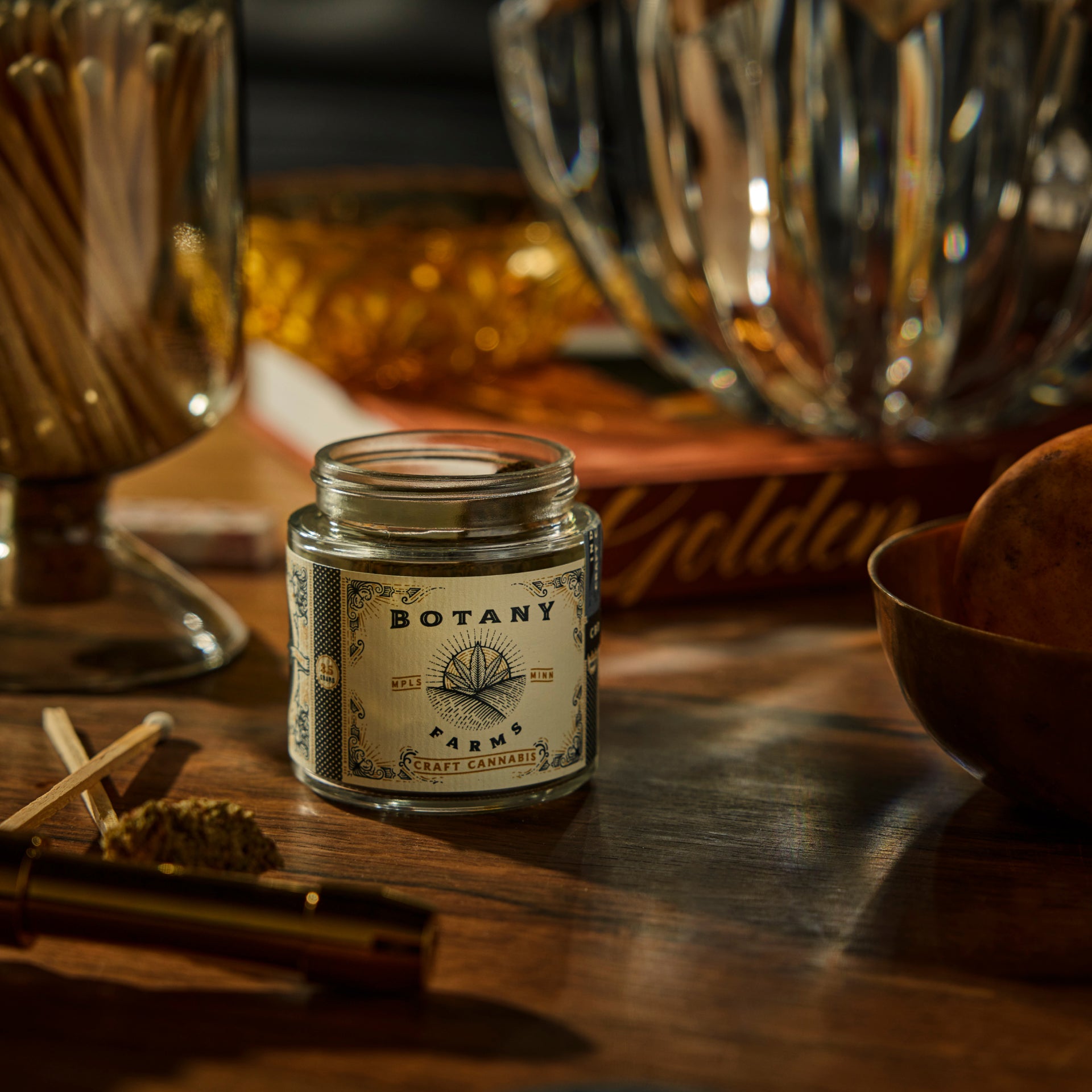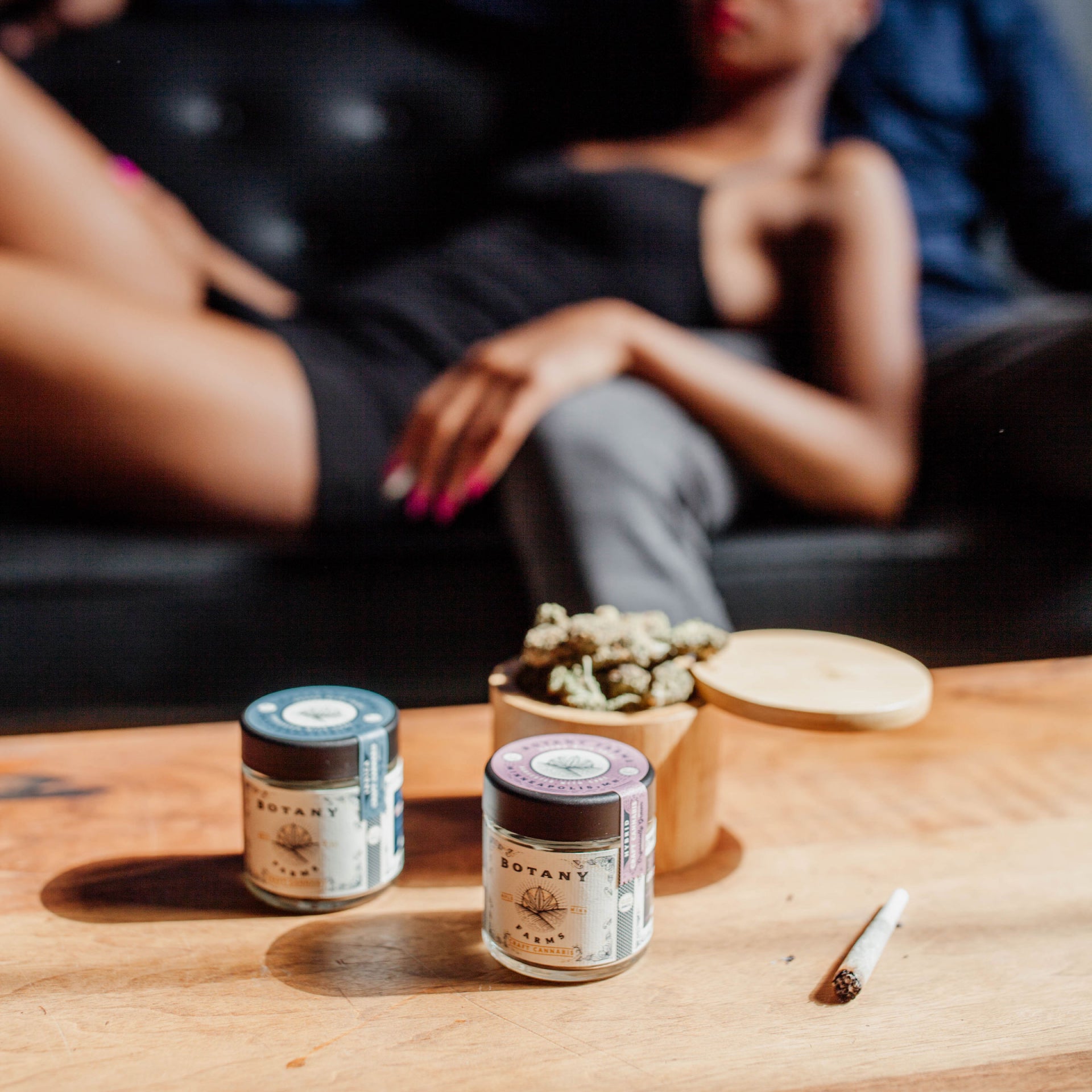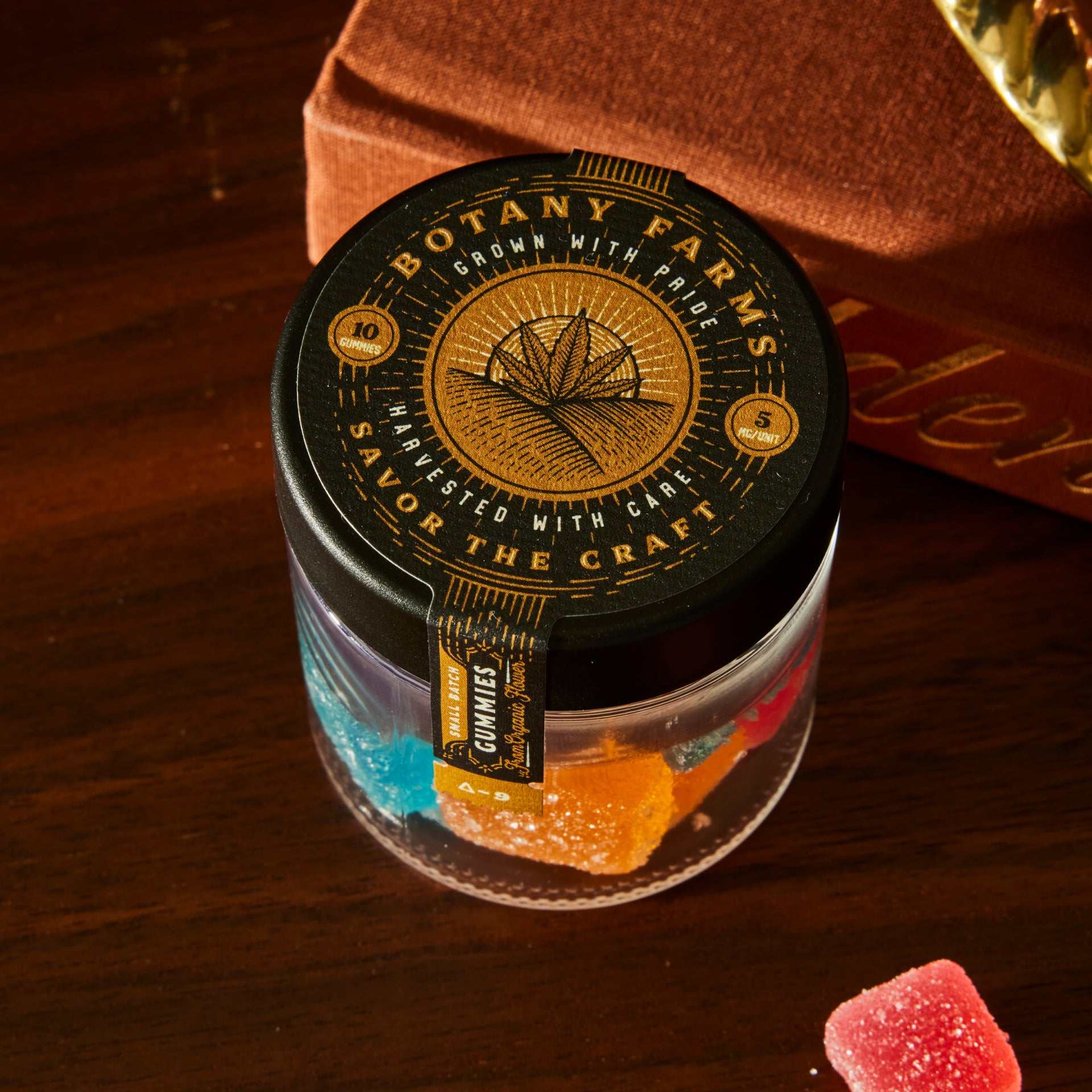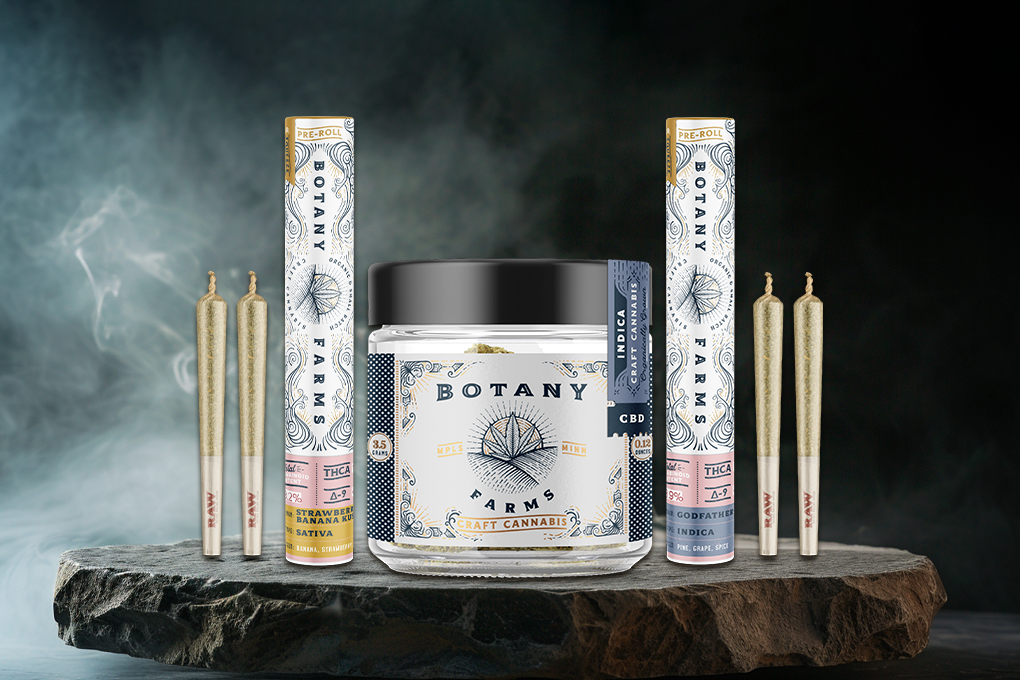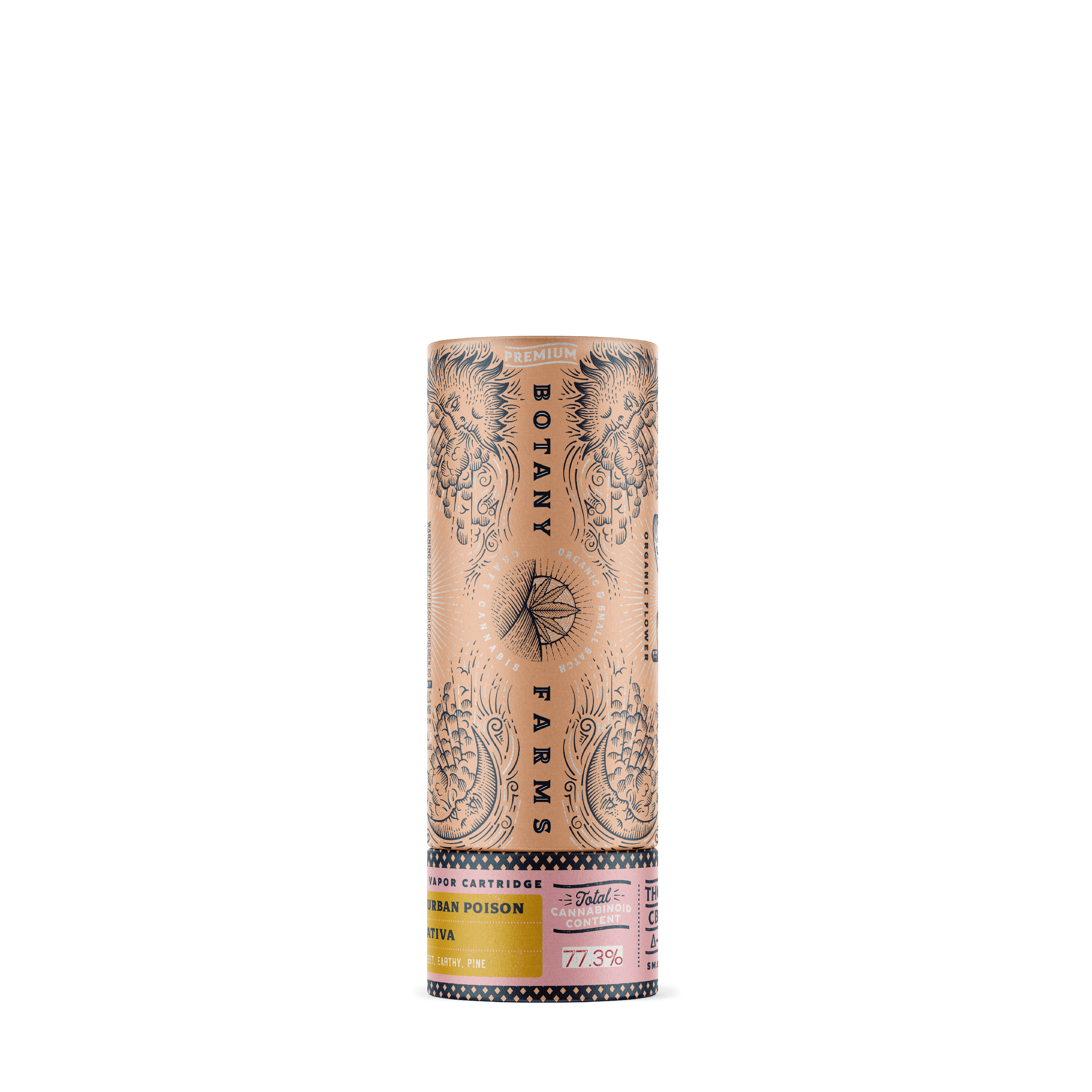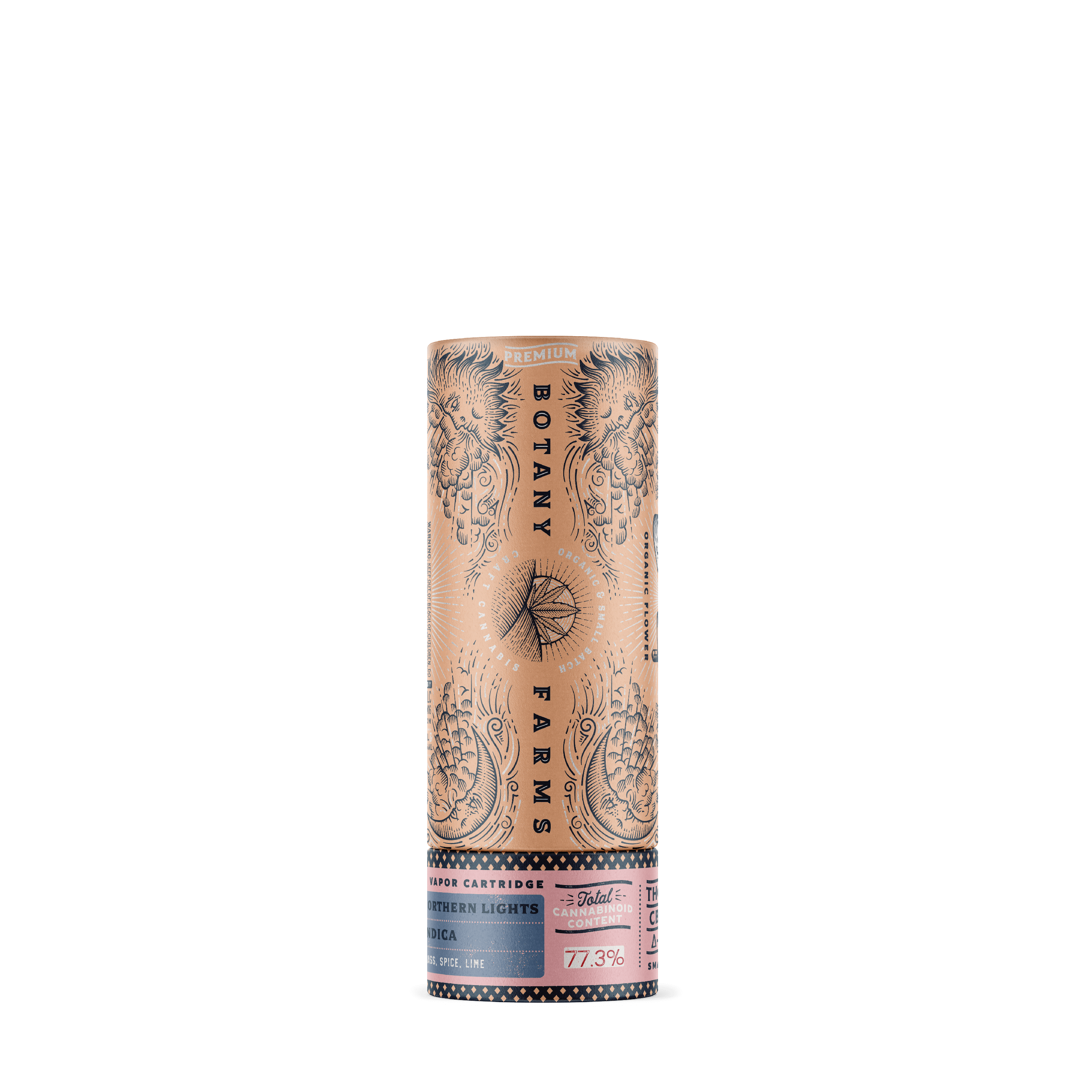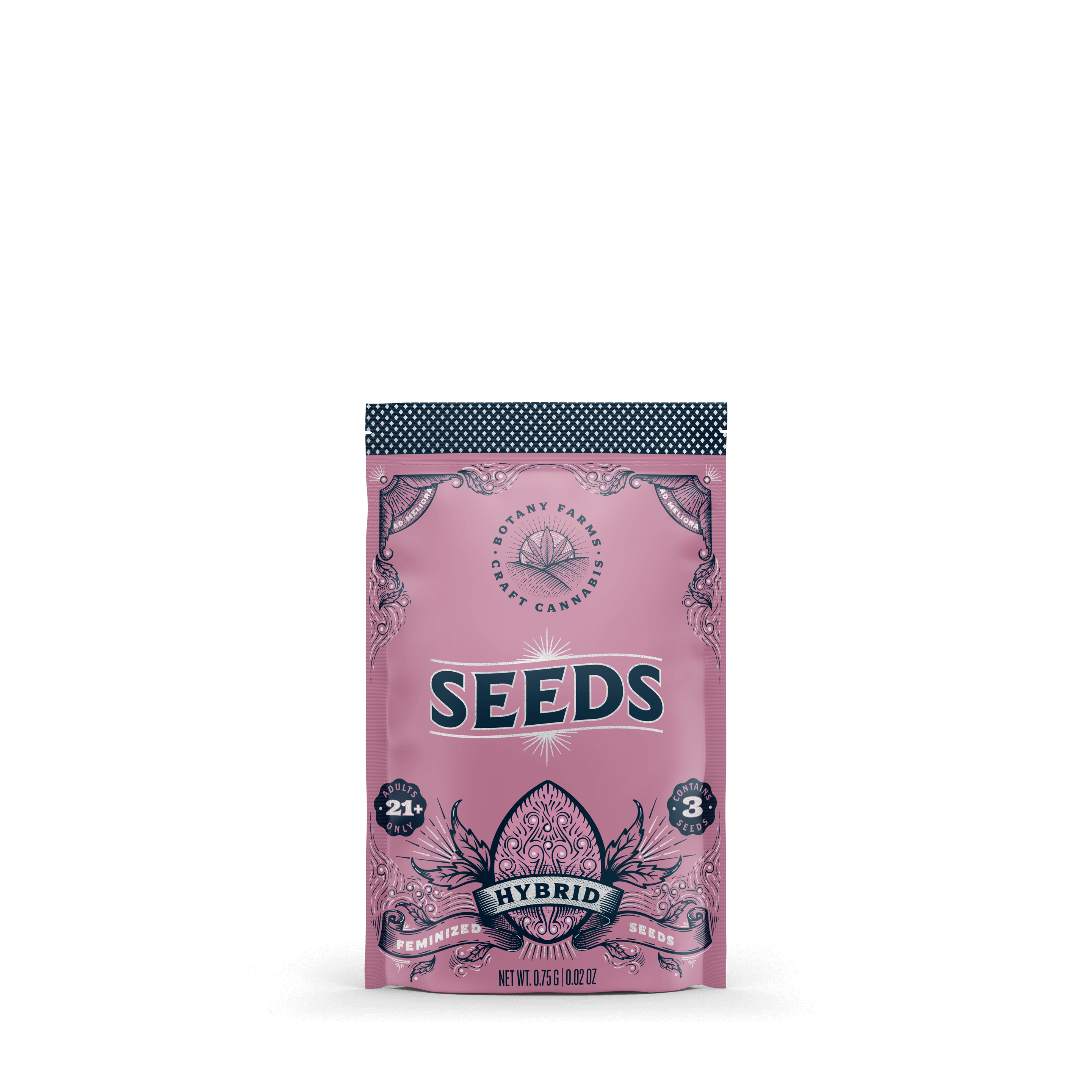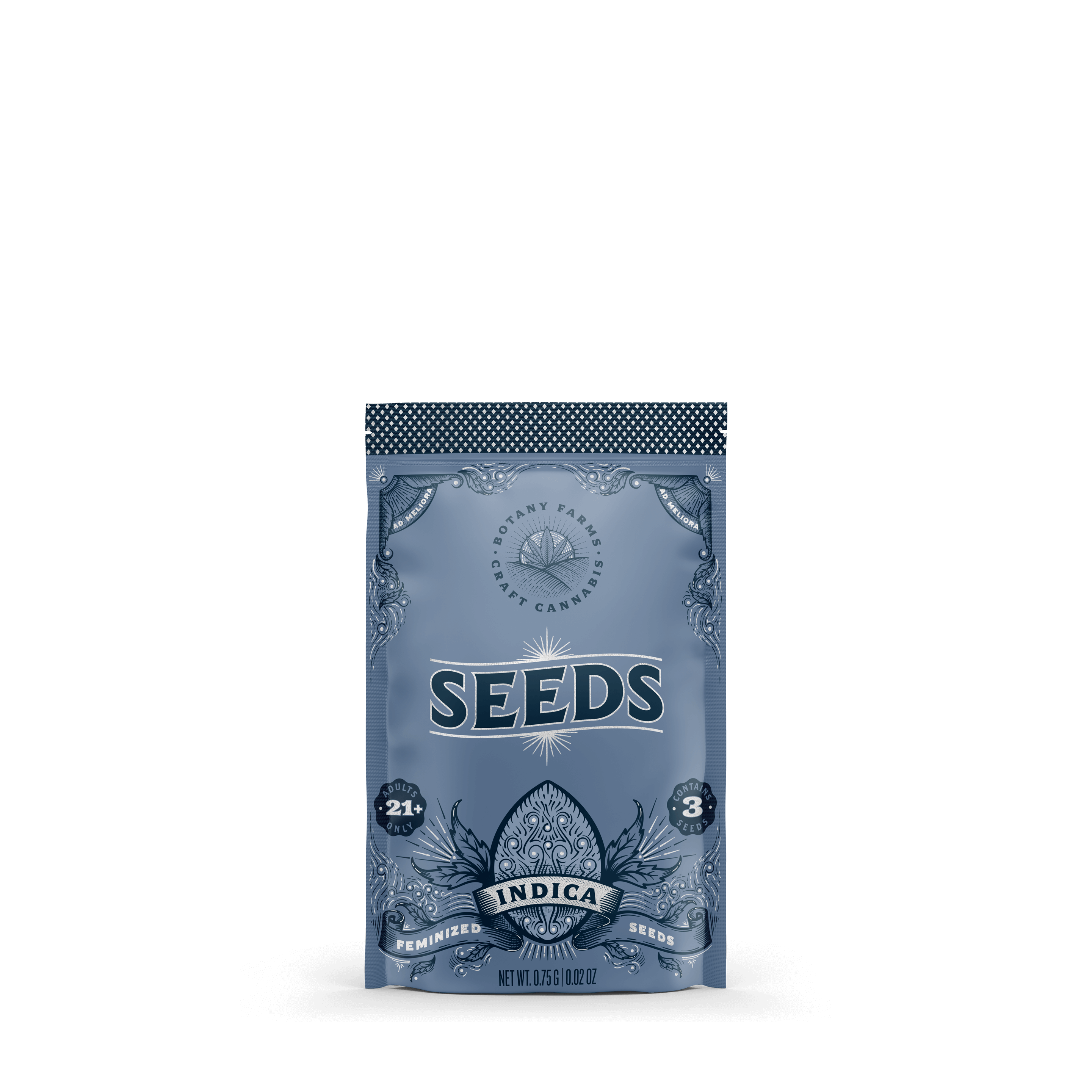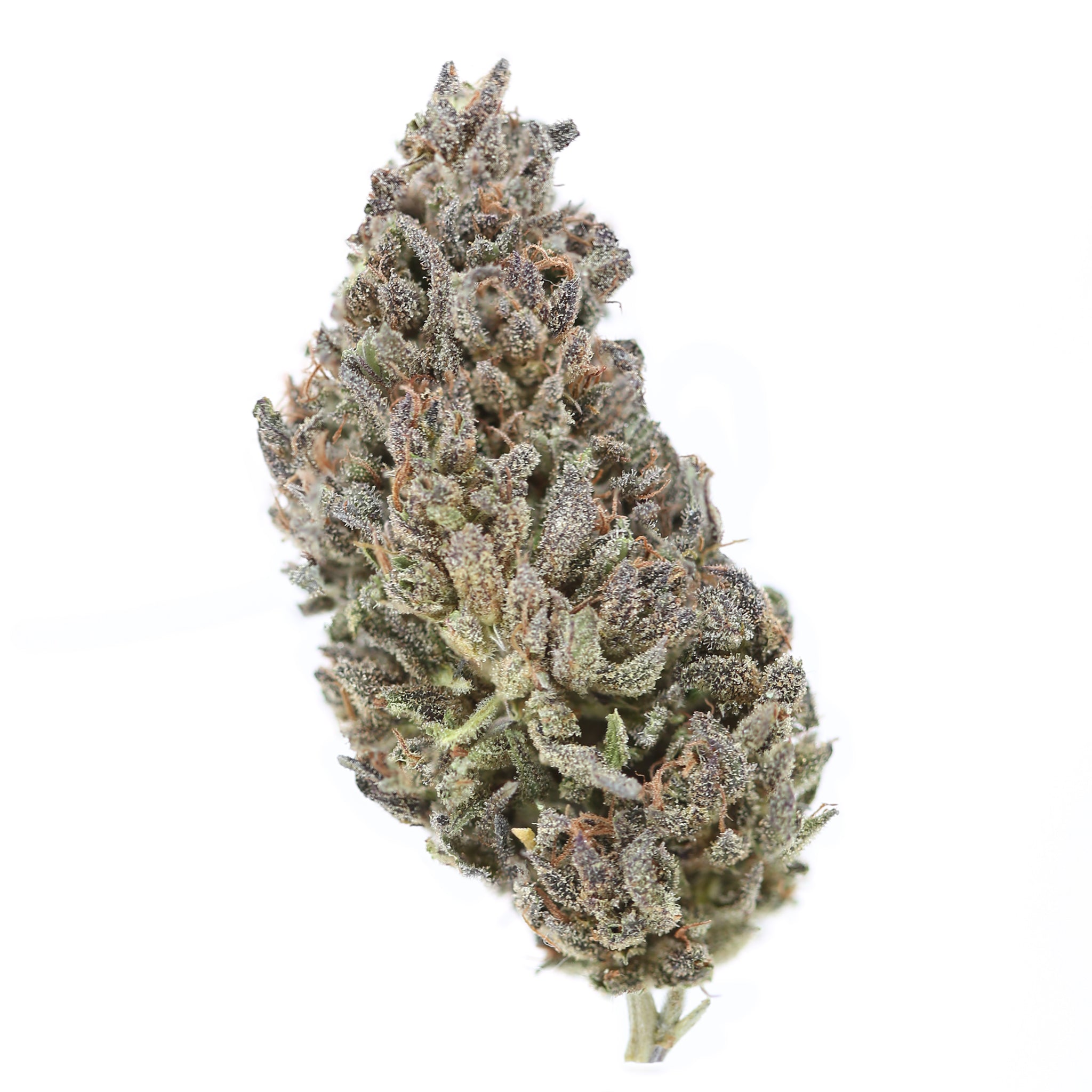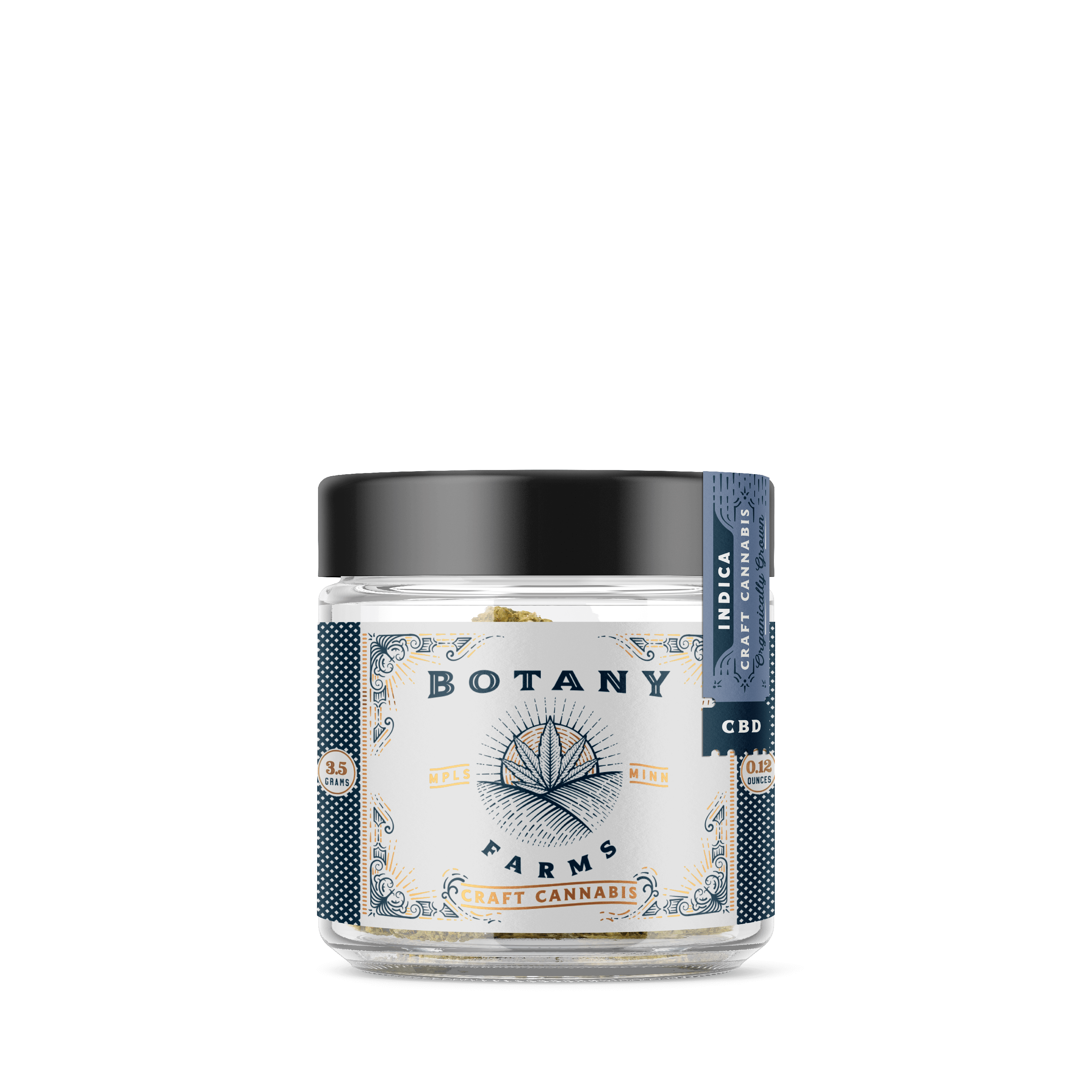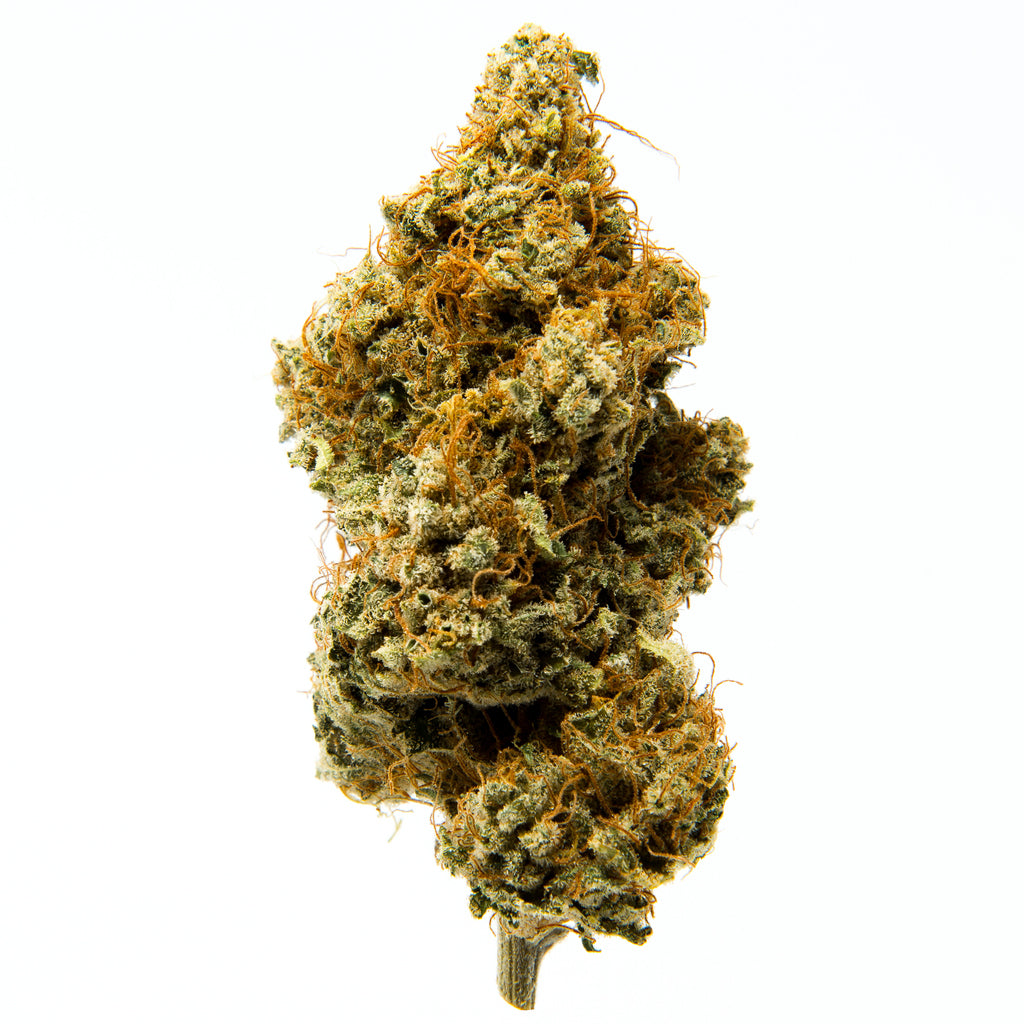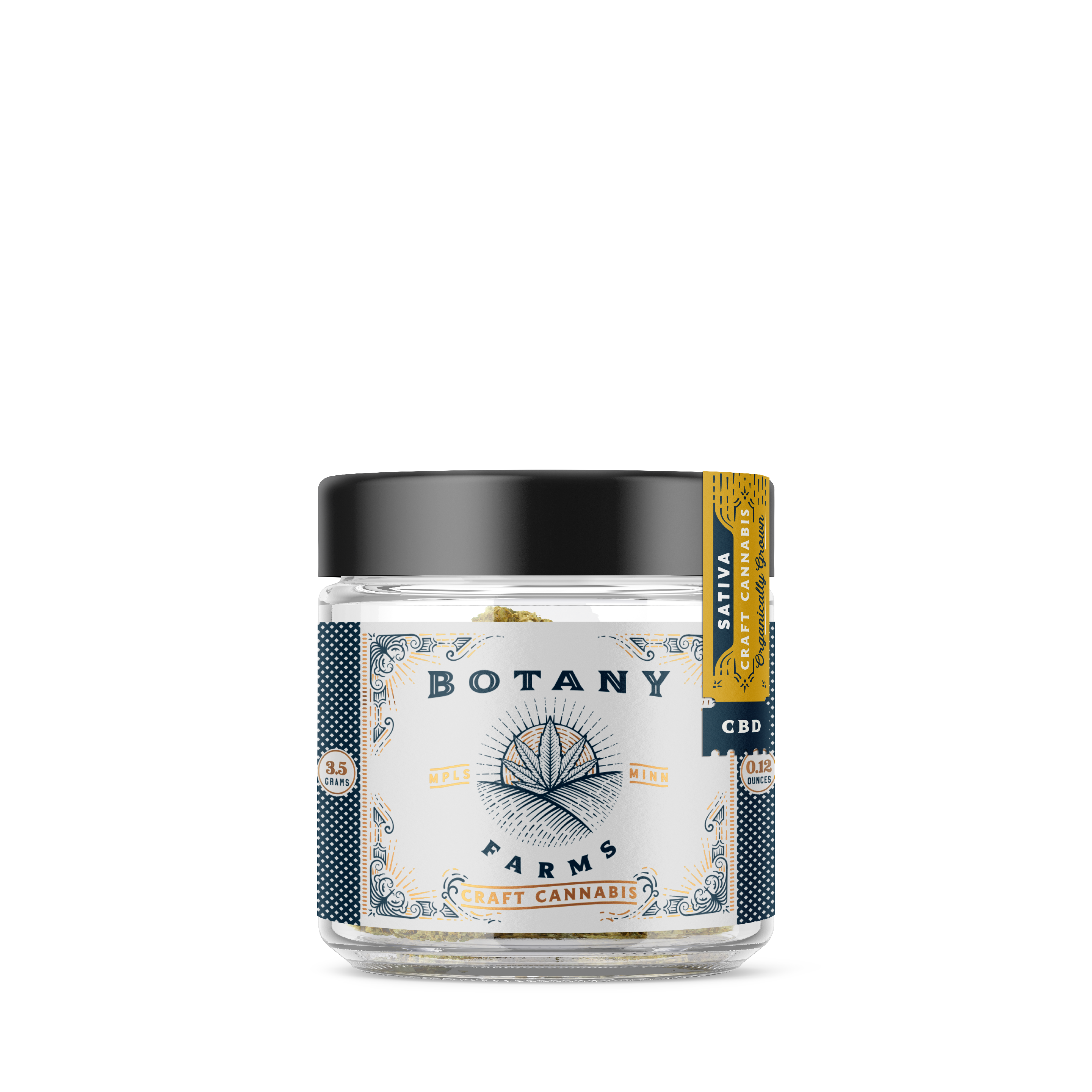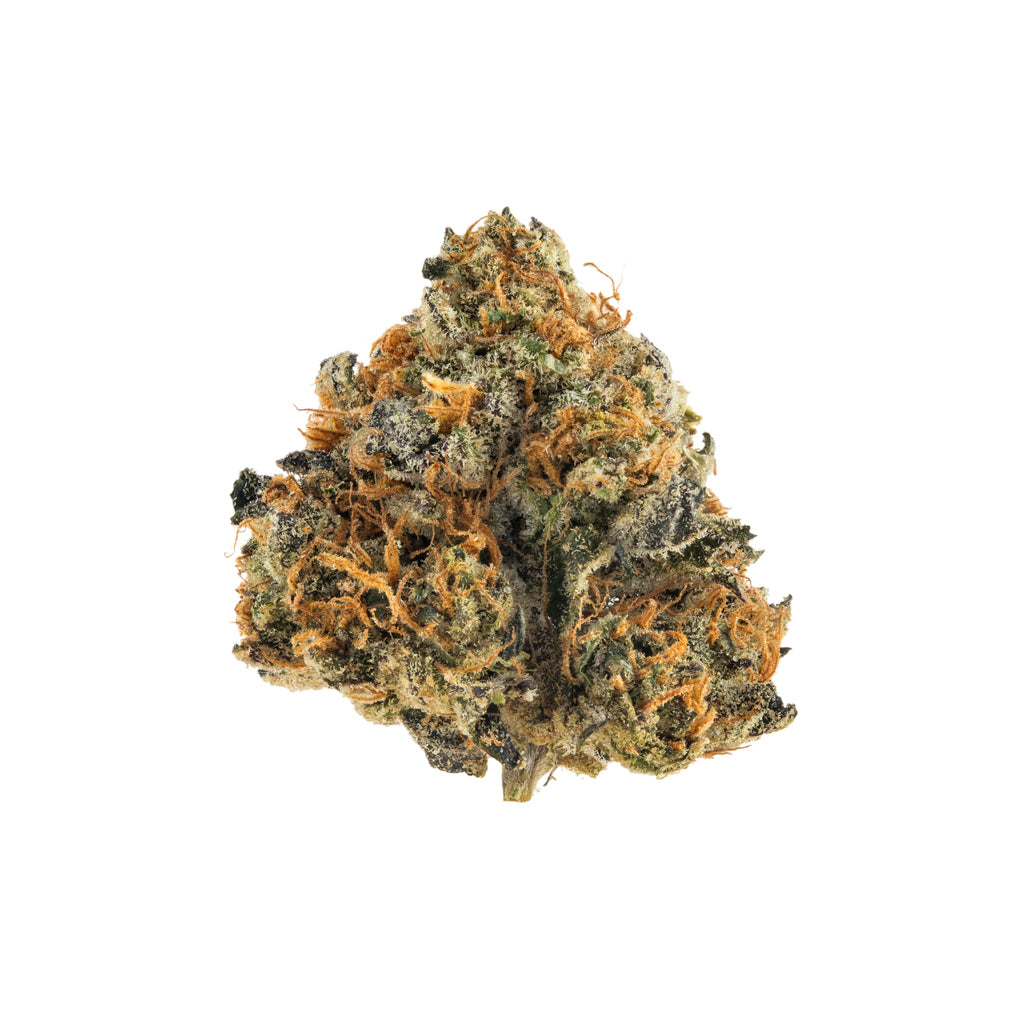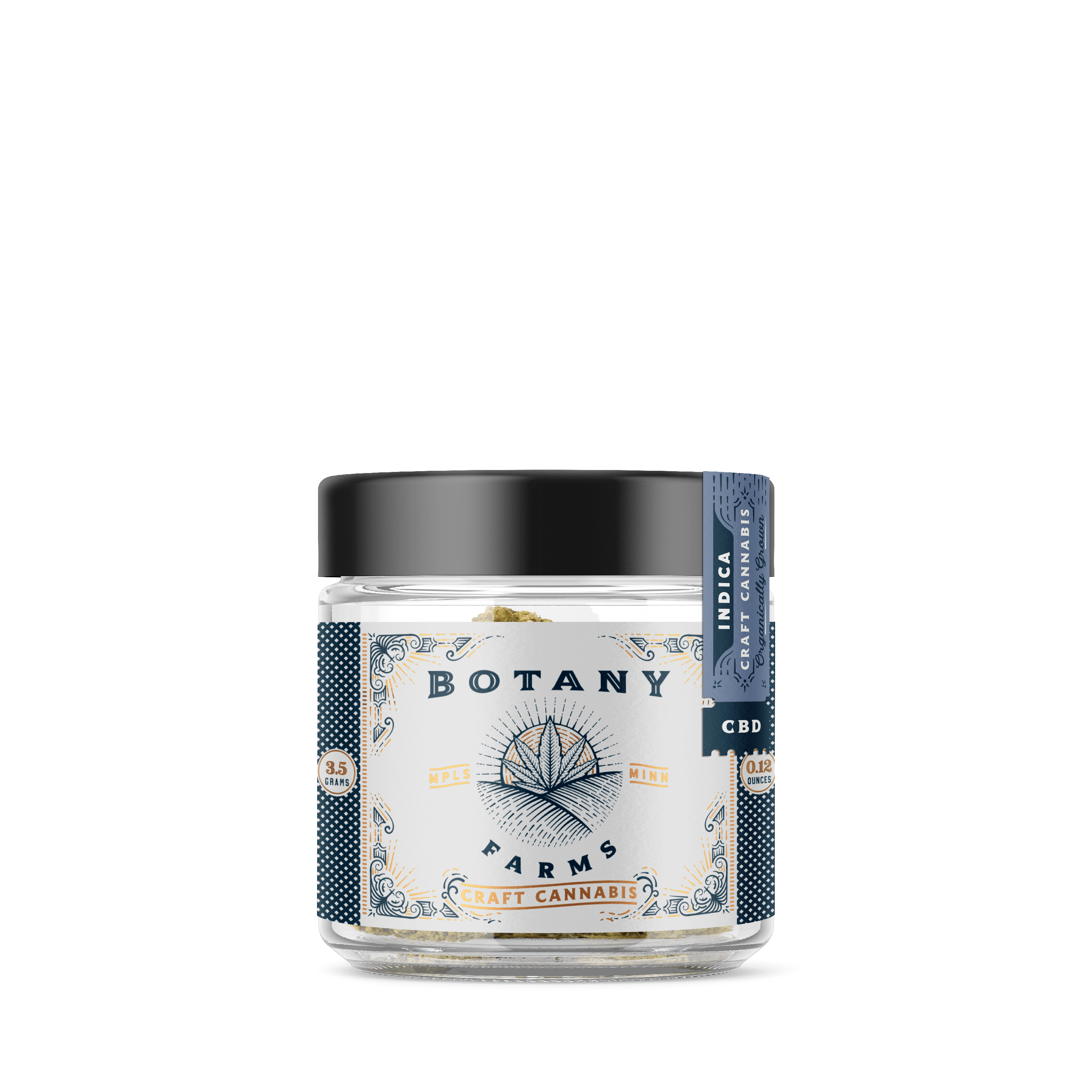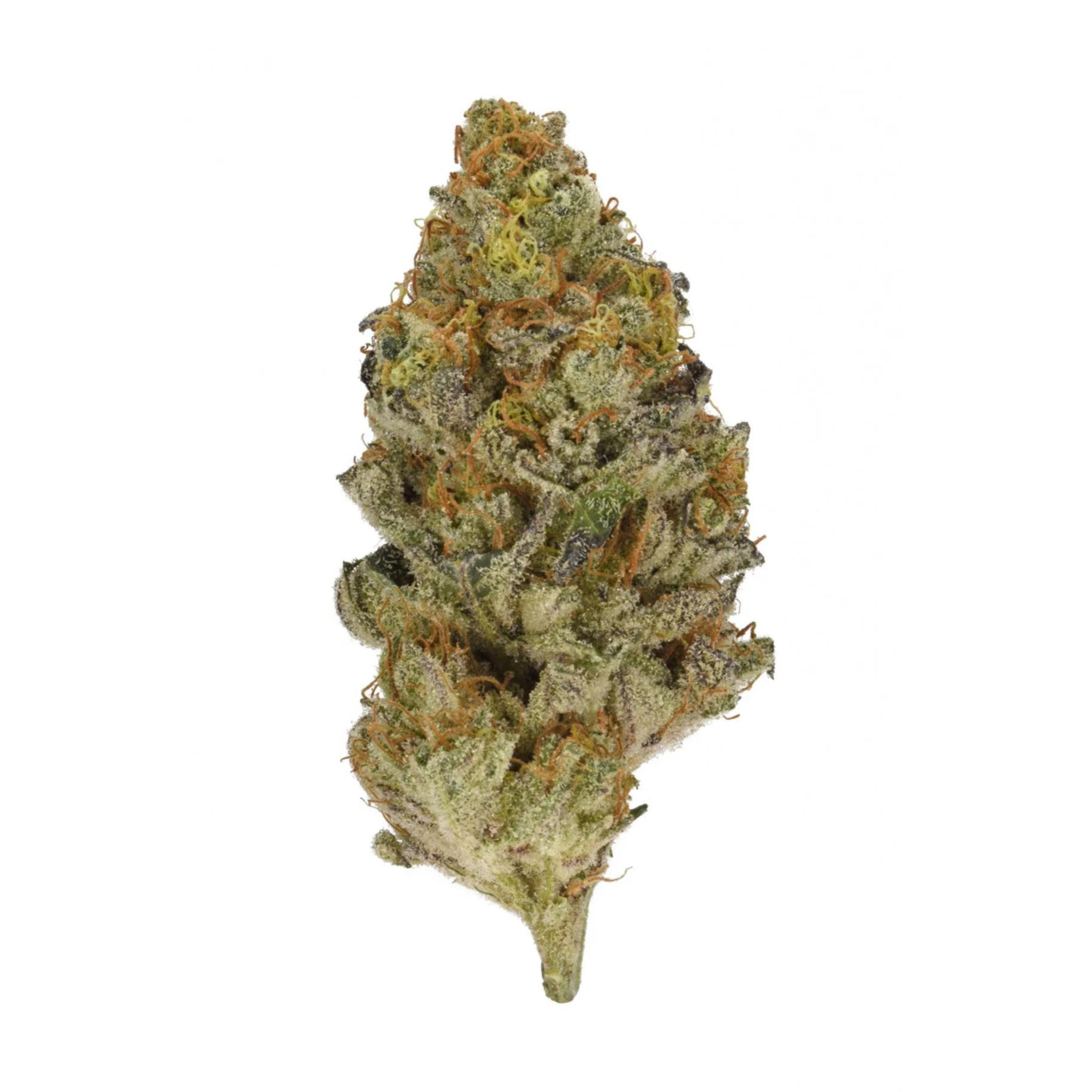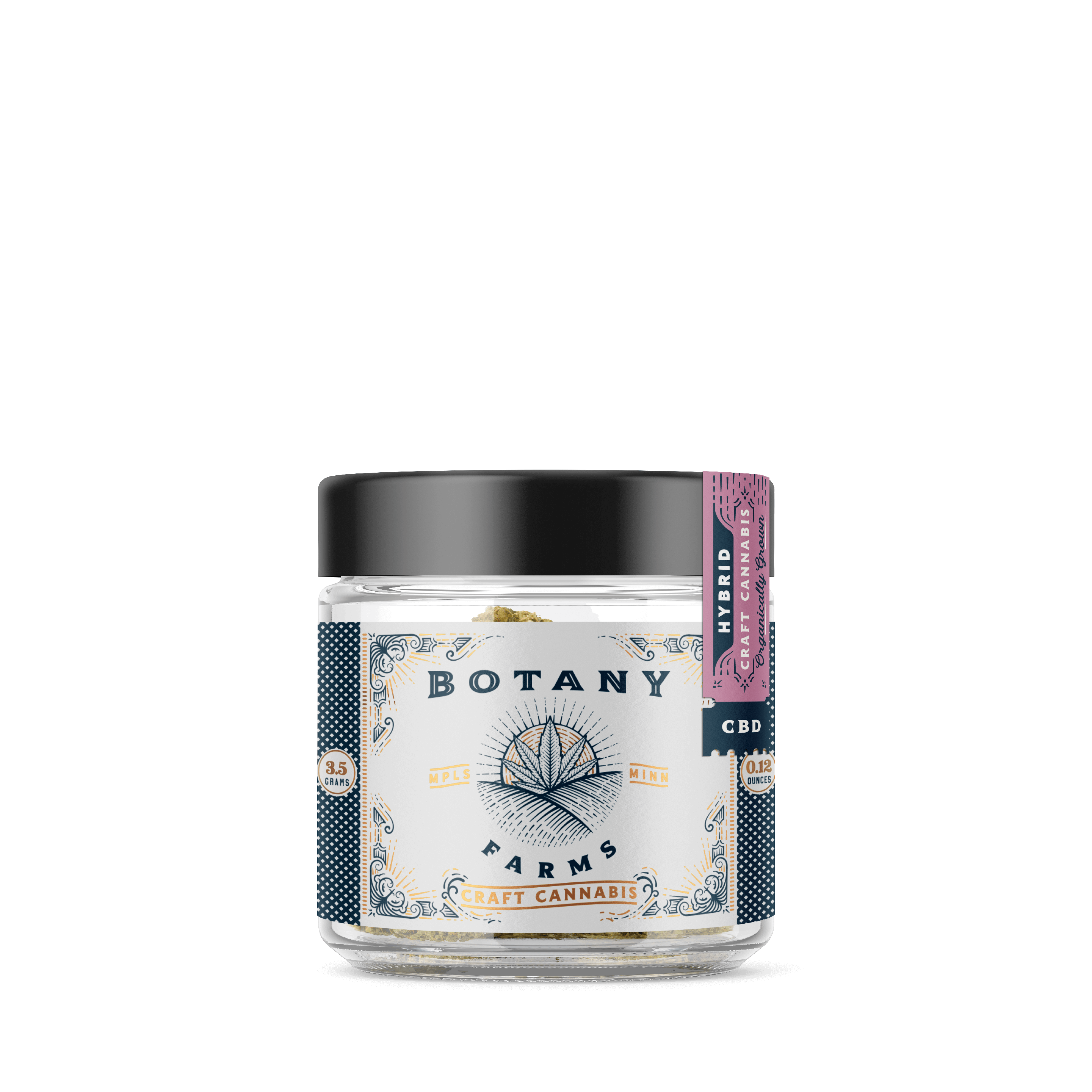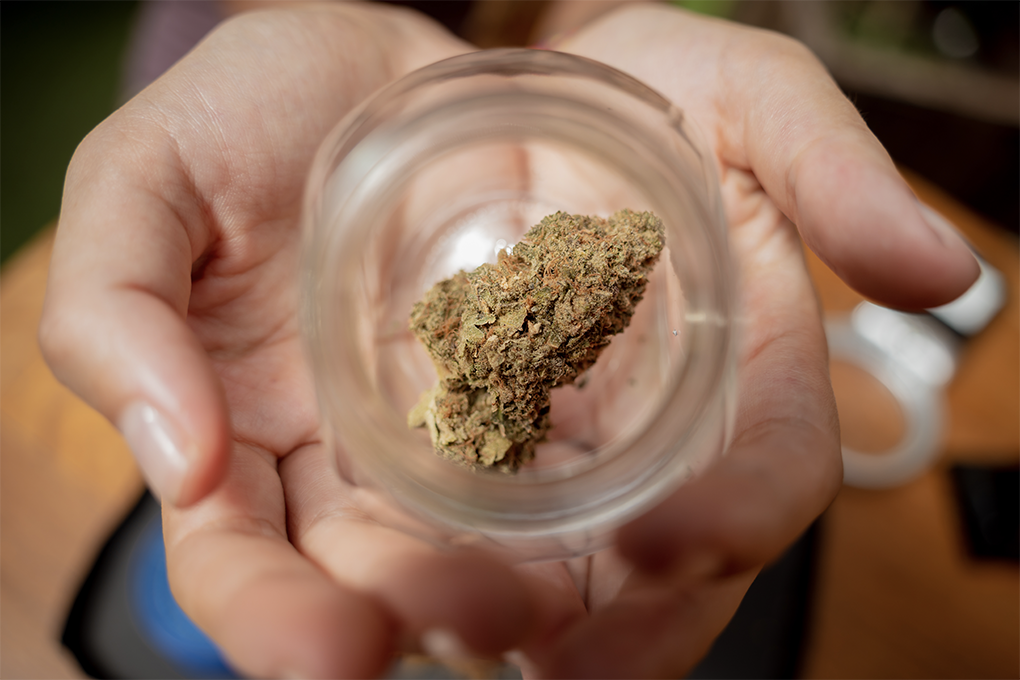Disclaimer: The information provided here is intended solely for informational and entertainment purposes. It should not be used as a substitute for professional medical advice, diagnosis, or treatment. Always seek the advice of your physician or other qualified health provider with any questions you may have regarding a medical condition or treatment and before undertaking a new health care regimen. Never disregard professional medical advice or delay in seeking it because of something you have read here.
The cannabinoid universe is an intricate network of fascinating compounds that never cease to surprise us with their inherent qualities. But cannabinoids are as complex as they are fascinating, and with so many new alternative cannabinoids emerging, such as THCP, THCO, HHC, and Delta isomers, understanding the effects and possible benefits of each compound can be a bit challenging.
Nonetheless, among so many compounds, tetrahydrocannabinolic acid, or THCA, present in raw cannabis, is worth mentioning. Unlike the well-known Delta-9 THC, THCA in its natural state lacks psychoactive effects. But this compound carries psychoactive potential, ready to unfold under the right conditions.
In this post, we explore the mysteries behind THCA's psychoactive potential, its role within the cannabis plant, and how the transformative decarboxylation process bridges THCA and Delta-9 THC. Join us as we delve into the unique properties of THCA and decipher the complexities that make it a captivating element within the world of cannabis.
Key Takeaways
- In its natural state, THCA is the acidic precursor to THC, with a unique chemical structure that sets it apart.
- When subjected to heat, via smoking, vaping, or cooking, THCA undergoes a chemical change, losing its carboxylic acid group and transforming into THC.
- In its raw state, THCA is non-intoxicating and offers potential therapeutic benefits without the euphoria associated with THC. This distinction becomes more evident when comparing the psychoactive properties of THCA with the well-known effects of Delta-9 THC, which induces the euphoric 'high,' particularly acclaimed by recreational users.
- The psychoactive variations between THCA and THC have profound implications for users as they shape their experiences and ultimate results with cannabis.
Understanding THCA in Its Natural State
THCA, short for tetrahydrocannabinolic acid, plays a fundamental role in the chemical composition of the cannabis plant. Naturally, THCA is the acidic precursor to THC and has a unique chemical structure that sets it apart. Unlike THC, pure THCA does not induce psychoactive effects before decarboxylation.
In raw cannabis, THCA is not psychoactive. This trait is critical for users seeking potential therapeutic benefits without the psychotropic effects commonly associated with cannabis use. THCA's inert state allows for a variety of applications, especially in the medical cannabis space, where patients may seek relief without THC-related cognitive impairments.
Without a doubt, THCA demonstrates promising medicinal potential, free of psychoactivity. Nevertheless, when exposed to heat, THCA fundamentally transforms its properties. Now let's turn our focus to the decarboxylation process, unraveling how this heat-induced metamorphosis influences THCA's psychoactive potential.
Is THCA Psychoactive When Heated?
When delving into the fascinating transformation of THCA into THC, understanding the decarboxylation process is essential to knowing how THCA's psychoactive potential is unlocked. When subjected to heat (e.g., via smoking, vaping, or cooking), THCA undergoes a chemical change, losing its carboxylic acid group and turning into THC. In this metamorphosis lies the direct answer to the question, Is it psychoactive when heated?
Decarboxylation is the process that activates the psychoactive potential of THCA, hence a crucial factor for users seeking the intoxicating effects of cannabis. The heat-induced conversion triggers THC's affinity to bind with the body's endocannabinoid receptors, producing the well-known euphoria, altered sensory perception, and “the munchies," among other effects.
This transformation underlines the dynamic nature of cannabinoids and highlights the importance of external factors in modulating their effects. In navigating cannabis psychoactivity, comparing THCA vs. Delta-9 THC helps us better understand the nature of each compound.
Now, let's take a closer look at the properties of THCA, especially its non-psychoactivity in raw form, and how the effects of this novel cannabinoid compare to the psychoactive Delta-9 THC. The idea is to gain a comprehensive understanding of how these cannabinoids interact with the body and contribute to diverse cannabis experiences.
THCA vs. Delta-9 THC: Psychoactive Properties Compared
To understand the psychoactivity of these cannabinoids, it is imperative to delve deeper into the characteristics that distinguish THCA, especially its notable non-psychoactive nature in raw form.
THCA, in its raw state, is non-intoxicating and offers potential therapeutic benefits without THC-like effects. This distinction is evident when comparing the properties of THCA with the well-known effects of Delta-9 THC, which typically induces the euphoric "high" loved by recreational users.
Examining THCA in its raw, unheated form allows us to understand its unique role within the cannabinoid spectrum. While Delta-9 THC is known for its psychoactivity, THCA is a testament to the diverse range of effects that cannabinoids can manifest, catering to both therapeutic and recreational preferences. Now, let's explore the nuanced differences between THCA and Delta-9 to shed light on their respective impacts on the human body.
The Non-Psychoactive Nature of THCA
THCA, in its pure, unheated state, is non-psychoactive and does not induce the intoxicating effects commonly associated with THC. This characteristic positions THCA as a unique cannabinoid in the cannabis world, attractive to people seeking therapeutic benefits without the accompanying euphoria and those seeking a legal route to enjoy the psychoactivity of cannabis.
THCA joins the ranks of CBD, CBG, and THCV, as non-psychoactive cannabinoids, each offering unique potential benefits without mind-altering effects. Comparatively, THCA’s therapeutic potential aligns with those seen in cannabinoids like THCV, which is also non-psychoactive. Being clear about these properties allows users to enjoy cannabinoids and make conscious decisions based on the effects they desire.
Understanding the ambiguous nature of THCA psychoactivity not only contributes to conscious and responsible cannabis use but also opens avenues for people seeking a wide range of therapeutic outcomes associated with cannabinoids.
Is Delta-9 THCA Psychoactive?
The answer to this question is yes and no. Here is why.
The “A” in THCA stands for “acid” since we are talking about the acidic or “non-activated” form of tetrahydrocannabinol, which, when heated, converts to Delta-9 THC, named after the 9 THC molecules in its chemical structure. These compounds have unique molecular structures, properties, and potential benefits. Therefore, Delta-9 THC and THCA are completely different cannabinoids.
The question "Is delta 9 THCA psychoactive?" takes us to the core of cannabis's psychoactive effects. On the one hand, Delta-9 THC is the main psychoactive component of cannabis. Unlike its precursor THCA, Delta-9 THC induces the characteristic euphoria and altered perception that recreational users generally seek.
Unleashing the psychoactive potential of THCA involves consumption methods that facilitate decarboxylation and efficient absorption. Using THCA through methods such as joints, pipes, or vaporizers is among the best ways to smoke THCA to achieve potent, fast-onset psychoactive effects. Understanding the importance of decarboxylation in unleashing the psychoactive potential of THCA is crucial for users seeking specific experiences associated with Delta-9 THC consumption.
Beyond comparing THCA and Delta-9 THC, it is essential to be clear about the practical implications of these differences. Understanding how different cannabinoids, especially THCA and Delta-9 THC, contribute to the overall cannabis experience allows people to tailor their journey with more accuracy.
Practical Implications: Using THCA and THC
The psychoactive variations between THCA and THC have profound implications for users as they shape their experiences and ultimate results with cannabis. In medical applications, non-psychoactive THCA may be particularly attractive to patients seeking therapeutic benefits without the cognitive impairment associated with THC. On the other hand, the psychoactive effects of THC, especially Delta-9 THC, are used to control conditions such as chronic pain, nausea, and loss of appetite.
For recreational users, understanding the psychoactive differences between THCA and THC is critical to personalizing your cannabis encounters. Consumers can choose products based on their desired effects, whether they are looking for the euphoric high of THC or the non-intoxicating potential of THCA.
In addition, legal considerations also play a fundamental role. The legal status of THC varies, influencing accessibility and regulations. THCA, being non-psychoactive, may present more lenient legal implications in certain jurisdictions.
There is a wide range of products on the market that adapt to user preferences. Beyond naturally THCA-rich strains, there is a growing trend of high-THCA hemp strains made by infusing hemp flowers with THCA distillate after harvest. Strains like Blueberry Kush THCA, Cheetah Piss THCA, or Purple Tangie THCA showcase the innovation and variety available to users seeking the potential benefits of THCA.
Moving beyond these practical considerations, understanding the unique properties of cannabinoids is essential to making the best decision when choosing your cannabis products. Understanding the mechanisms of action for psychoactivity, or the non-psychoactivity of each cannabinoid, allows us to determine which products best align with your preferences and health goals.
Final Thoughts on the Psychoactivity of THCA
When unraveling the nature of THCA and THC psychoactivity, it is crucial to recap the fundamental talking points on this topic. THCA, in its raw form, is non-psychoactive and offers therapeutic potential without the mind-altering effects of THC. On the other hand, THC, particularly Delta-9 THC, is the main psychoactive compound in cannabis and induces highly sought-after euphoria.
Considering the differences between cannabinoids is imperative as we navigate the diverse landscape of cannabis products. Choosing the best option based on the desired effects, whether therapeutic or recreational, guarantees a more personalized and satisfying cannabis experience.
The cannabis market has a large number of products with THCA, which shows the innovation in the industry to satisfy the diverse preferences and needs of users. For those looking for an immersive and effective THCA experience, live resin THCA vape cartridges are one of the most innovative, tastiest, and efficient options. These products encapsulate the essence of THCA in a highly concentrated form, providing users with a practical and enjoyable consumption method.
THCA's psychoactive nature is a fascinating facet within the broad spectrum of cannabinoids. As the cannabis industry continues to evolve, the increasing availability of THCA products ensures that even the most discerning consumers can find options that meet their expectations.
Conclusion
In summary, understanding the psychoactive properties of cannabinoids, such as THCA and THC, is essential for conscious and well-informed cannabis use. The differences between these compounds influence their effects and ability to meet diverse user needs. Whether you're looking for therapeutic benefits or recreational effects, understanding these distinctions could significantly improve the overall cannabis experience.
For more information, consult with experts in the field. Using cannabinoids requires continuous education and awareness, ensuring that users make well-informed, conscious, and responsible decisions based on their specific expectations or needs.
THCA Psychoactivity: Frequently Asked Questions
Can consuming raw cannabis lead to psychoactive effects due to THCA?
Consuming raw cannabis is unlikely to produce psychoactive effects, as the THCA present in its natural state is non-psychoactive. The psychoactive effects of THCA only emerge through the decarboxylation process, usually triggered by heat.
How does the psychoactivity of THCA compare to other cannabinoids in cannabis?
The psychoactivity of THCA differs significantly from other cannabis cannabinoids, especially when compared to Delta-9 THC. In raw form, THCA is non-psychoactive, which differentiates it from cannabinoids such as THC, Delta 8, Delta 10, HHC, or THCP, which induce the characteristic "high" associated with cannabis use.
Are there specific methods of consumption that preserve the non-psychoactive nature of THCA?
To preserve the non-psychoactive nature of THCA, explore consumption methods that prevent decarboxylation. This includes incorporating raw cannabis into juices, smoothies, or salads. Heating, smoking, or vaping initiate the transformation of THCA into psychoactive THC.




